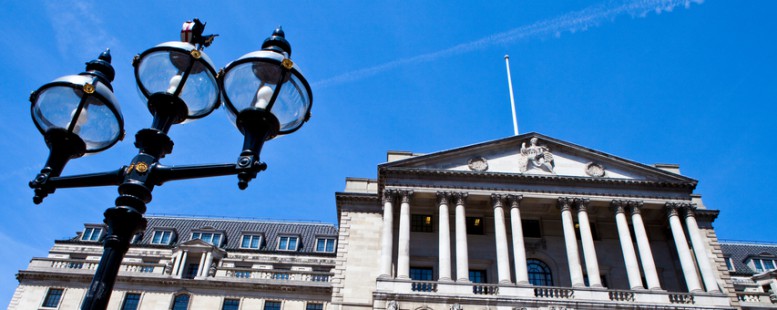Our Opinion: 2022
The UK’s Healthy Recession

Like in much of the World, the UK’s economy looks in trouble right now. We have seen two consecutive months of falling output, and there is no reason to expect that trend to be reversed any time soon.Inflation is running at 9%, pushing down real wages at the fastest rate in living memory. The Bank of England has already started raising interest rates, and will no doubt push them higher before the cycle is finished. The government is raising taxes, both on individuals and on companies, which will depress demand and investment.
Meanwhile the war in Ukraine is sending Europe into a downturn, hitting trade with what remains our most important market. Combine that with our economic woes and the UK looks certain to face a recession this year. The only real question is how deep and bad it will turn out to be.
In normal times, the chancellor and Bank of England would be doing all they could to avoid one. Recessions hurt. The country gets poorer, output falls, skills are lost, and otherwise viable businesses go to the wall. It’s all bad. That is why we usually do everything we can to avoid one, and, if it can’t be avoided, to make sure it is as short and painless as possible. And yet, just possibly, this year might be the exception to that rule. A recession might even do some good.
Firstly, it is the only real way to bring inflation under control. Double-digit price rises have never been curbed without a recession. Prices rise when too much money is chasing too few goods, and that can only be bought back into balance if you have more goods or less money. It is difficult to magic more goods out of nowhere, so the only real fix is for everyone to have less money. That only happens with a recession, usually sparked when the central bank starts to put up interest rates aggressively. Without one, prices will carry on rocketing upwards forever.
Secondly, a recession will clear out failing companies. Whilst undeniably harsh, the British High Street is full of struggling businesses and so are many other sectors. They use up land, keep workers employed but with no progression likely, and ties up capital that would be better deployed elsewhere. None of these businesses, sadly, are capable of any real growth. With a round of bankruptcies and short term pain, the economy would be in better shape.
Thirdly, a recession might get people working properly again. A year of lockdown seems to have convinced people that just about any job can be done from home, or even in the Mediterranean. It isn’t true. The country is already grinding to a halt: the airports are chaotic, transport systems aren’t working affectively, and the machinery of government seems to have ground to a halt. Ask anyone who has applied for a new passport. These can’t be produced by civil servants working from home. If jobs are scarce for a time, attitudes will start to change. We will hear a lot less about home working, work-life balance and four-day weeks. It might be tough, but it would remind us all that work can sometimes be difficult and demanding. But it needs to get done.
Finally, it will force the government to finally take advantage of any benefit which Brexit offers. Since leaving the European Union, the UK has done virtually nothing to deregulate, or to make businesses more competitive, even though we need to find a way to make up for losing easy access to our most important trading partner. With a recession, the government will have to think about how we can grow again. And it will have to start using the powers we have taken back in a positive way.
No one ever wants a recession but the reality is that they are a normal part of the business cycle. They used to come around at least once a decade, and although there was some pain, they left the economy a little slimmer, but also a lot healthier. For decades governments and central banks have done everything possible to avoid any form of a downturn. This time, perhaps, it may just do some good.
13th July 2022
